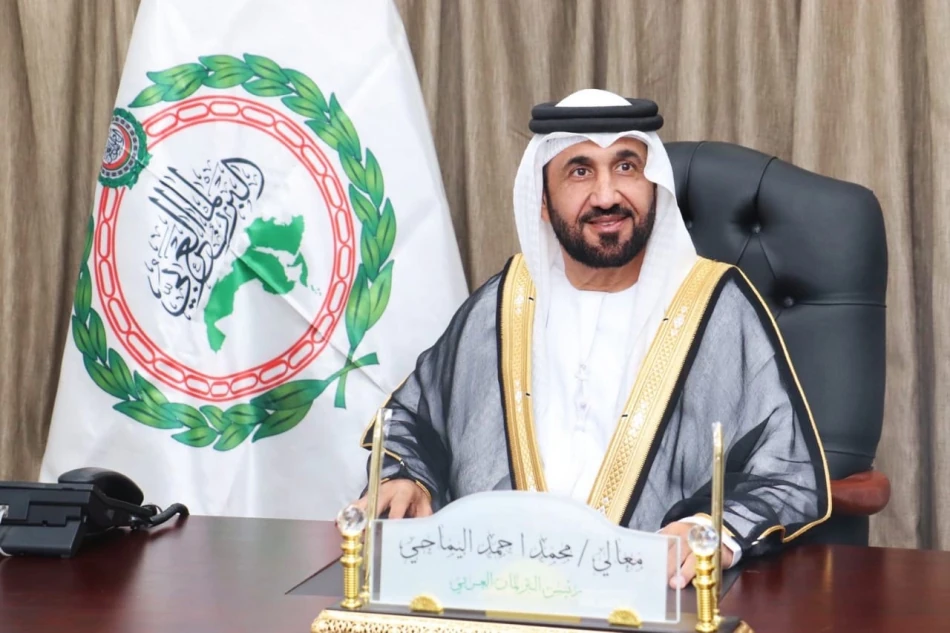
Arab Parliament Speaker Condemns Israel's Approval of 3,400 West Bank Settlement Units
Arab Parliament Condemns Israel's Approval of 3,400 New Settlement Units in Strategic E1 Zone
The Arab Parliament has issued a sharp condemnation of Israel's announcement to build 3,400 new settlement units in the contentious E1 area between Jerusalem and the West Bank, calling it a "blatant challenge" to international law. The move threatens to further fragment Palestinian territories and undermine the internationally recognized two-state solution at a time when regional tensions remain elevated.
Strategic Location Amplifies International Concerns
The E1 corridor represents one of the most sensitive areas in the Israeli-Palestinian conflict. Located between East Jerusalem and the West Bank settlement of Ma'ale Adumim, development in this zone would effectively cut the West Bank in half and sever Palestinian territorial contiguity between the northern and southern parts of the territory.
Israeli Finance Minister Bezalel Smotrich's approval of the construction plan marks a significant escalation in settlement expansion policies. The E1 area has long been considered a red line by the international community, with previous Israeli governments often delaying construction projects there due to diplomatic pressure.
Legal Framework and International Response
Violation of UN Security Council Resolutions
Arab Parliament President Mohammed bin Ahmed Al-Yamahi emphasized that the settlement expansion directly contravenes multiple UN Security Council resolutions, particularly Resolution 2334, which declares Israeli settlements illegal under international law. The resolution, passed in 2016, calls settlements a "flagrant violation" of international law with "no legal validity."
Al-Yamahi characterized the move as part of a "systematic policy to impose facts on the ground and Judaize Palestinian lands," warning that such actions completely undermine prospects for achieving just peace and destroy the internationally recognized two-state solution.
Regional and Global Implications
Impact on Peace Negotiations
The timing of this announcement is particularly significant as it comes amid ongoing efforts by various international actors to revive peace negotiations. Settlement expansion in the E1 corridor has historically been viewed as potentially fatal to the two-state solution, as it would make the establishment of a viable Palestinian state geographically impossible.
The Arab Parliament's response reflects broader regional frustration with what many Arab nations see as systematic efforts to eliminate Palestinian territorial claims through settlement expansion and demographic changes.
Call for International Accountability
Al-Yamahi specifically called on the international community, including the UN Security Council and peace process sponsors, to take "effective measures to stop these violations" and ensure accountability for what he termed crimes against the Palestinian people and their land.
The statement also highlighted concerns about increasing settler violence, warning that such escalation would only lead to "more tension and instability" in the region.
Historical Context and Precedent
The E1 area has been a flashpoint for decades, with various Israeli governments announcing and then postponing construction plans due to international pressure. The current approval comes at a time when the Israeli government has accelerated settlement construction across the West Bank, with 2023 seeing some of the highest approval rates for new settlement units in recent years.
This latest development underscores the ongoing challenge facing international diplomatic efforts to maintain the viability of a two-state solution, as continued settlement expansion creates irreversible facts on the ground that complicate future peace negotiations.
Most Viewed News

 Sara Khaled
Sara Khaled






